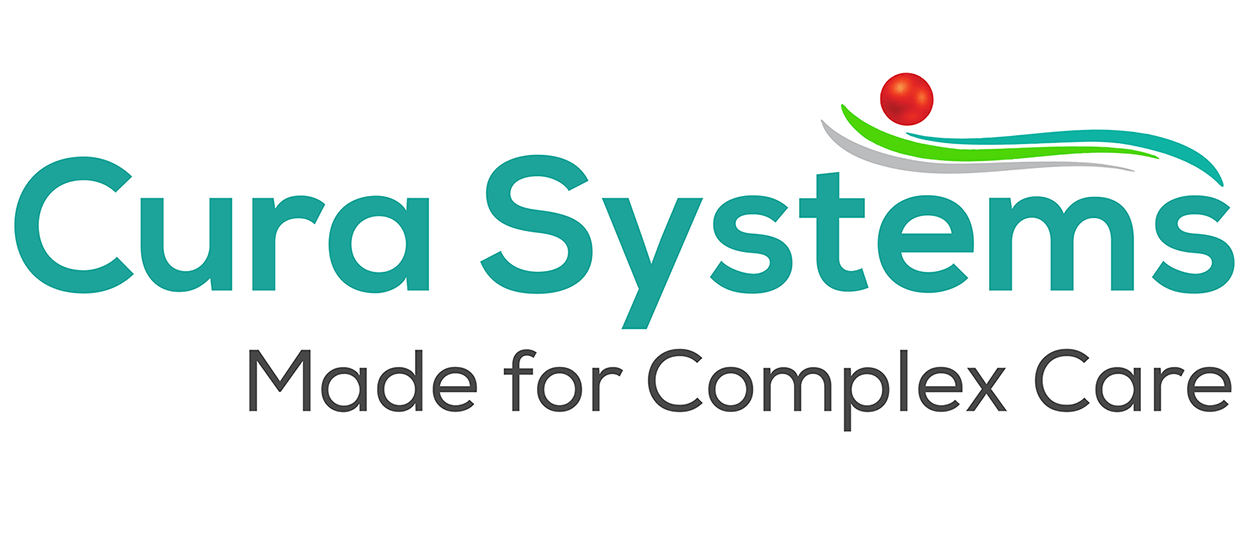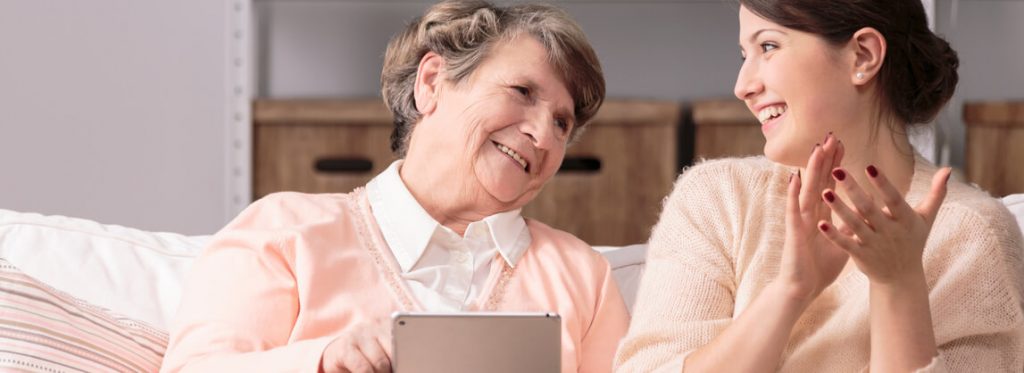How technology can help meet key lines of enquiry
Technology in care has become increasingly important, transforming the way in which care is delivered and the use of digital care systems has resulted in many people experiencing better and safer care, says John Rowley, senior sales manager at Cura Systems.
The Care Quality Commission (CQC) annual assessment of the state of health and social care in England shows how providers are working together more effectively – often using technology – to help ensure people get the care they need, when they need it.1 The report has highlighted how the innovative use of technology can help address the five key lines of enquiry (KLOE) and supports the use of technology to improve the delivery of quality care. Every care home wants to be validated with an outstanding certification for all the effort put in to creating and consistently delivering person-centred care, but what makes an outstanding care home? This article will consider ways to achieve an outstanding rating for each line of investigation.
How Technology Supports CQC’s Definition of “Safe” Care
Is your service safe?
An outstanding care home must be safe. The CQC defines ‘safe’ as meaning that people are protected from abuse and avoidable harm. When the time comes for a loved one to move into a care home, it is only natural that the first and overriding concern will be for their safety. Entrusting a mum, dad, husband or wife to the care of strangers pushes against natural instincts to do all that we can to protect and provide for them ourselves.
Choosing the right care home is one of the biggest and most difficult decisions to make and safety will figure very prominently in selecting one. Care homes need to have appropriate tools to demonstrate to relatives of prospective residents their ability to monitor safety. Recognising these concerns, the first question asked by the CQC is always about safety.
In this instance, safe means taking every possible step to ensure that residents are protected from abuse and avoidable harm. Abuse can be physical, sexual, mental or psychological or financial, involving neglect or institutional or discriminatory abuse.
Avoidable harm will consider everything from medicines management to the safe use of facilities and equipment. CQC scrutiny is robust to ensure that all these conditions are met and inspection reports provide families and loved ones with the information they need regarding the ability of a home to meet these conditions consistently.
Aspects of ‘safe’ that directly relate to the use of technology include:
- staff are skilled and well equipped with all the information and tools required to provide outstanding care and protection from any safeguarding and compliance issues
- detailed records of incident reports to protect from being bullied, harassed, harmed, neglected or abused
- incident report trigger to deal with quickly and openly monitor incidents and accidents and a care app that instantly sends reminders and reports incidents to ensure everyone is aware and corrective action is taken
- assessment forms to monitor medical conditions providing peace of mind with customised assessments and care plans, medication reminders and tracking
- monitoring drug rounds throughout the home, including reminders for those administering medicines and alerts for when rounds have not been completed; drug rounds can be tracked as they happen, with automated mishap prevention mechanisms
- timely preparation and review of health and safety checklist specific to each resident as well as for general facilities; the home should be kept clean and hygienic to prevent any risk of infection to residents and visitors.
Electronic care plans and mobile monitoring care apps can play a significant role in supporting care home managers to meet and exceed CQC standards.
Cura recognises the critical importance of safety in care. Cura’s suite of applications supports care staff by giving them the information they need to ensure that they meet CQC’s criteria, including the safe delivery of care.

